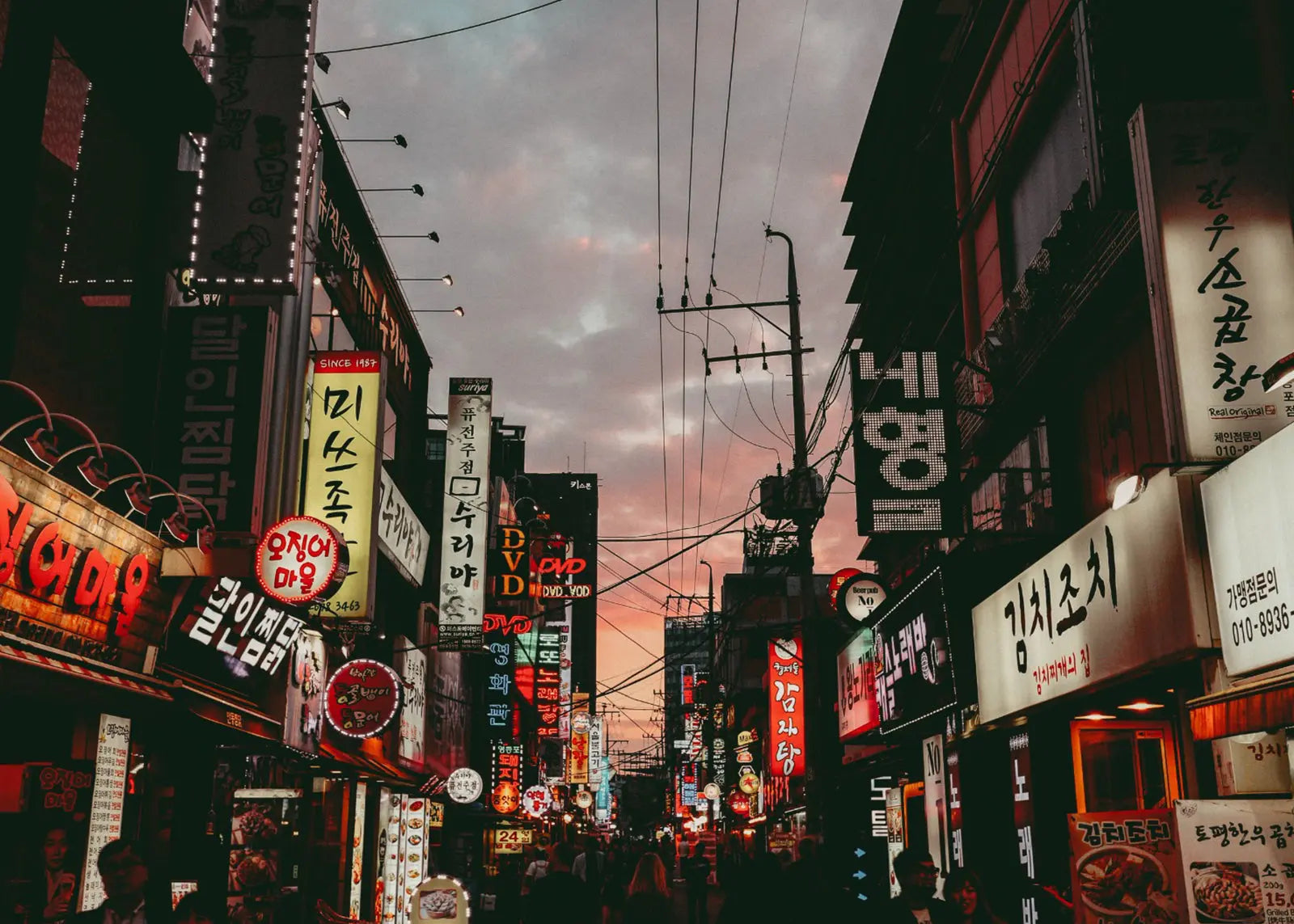

· By Annemarie Rice
Cultural Significance of Anti-Hangover Supplements in South Korea
South Korean drinking culture is an example of the phrase “work hard, play hard.” South Koreans drink 13.7 shots of liquor per week on average, Russians drink 6.3 shots and Americans drink 3.3 shots on average. This makes South Korea the country with the largest alcohol consumption in the world. Unlike the U.S., where alcohol can sometimes be seen as a taboo, Korea has embraced drinking as a social and work norm, leading the country to place value on anti-hangover products and a part of everyday life.
Soju has always been a big part of Korean culture going back all the way to the 13th century. The modern Soju today was made by Jinro in 1924, becoming a staple drink for Koreans especially after the Korean War. The older generation commonly drank Soju due to the few foreign alcoholic beverages found in the country. The older generation considers a “true Korean” to be able to drink a lot of Soju without getting drunk. As Soju reached the height of its popularity, the beverage launched a marketing campaign stating that you can drink everyday if you eat the right food, like Haejang. With this campaign, drinking became normalized in South Korea throughout the week and increased the popularity of the dish Haejang. Haejang was considered the first hangover remedy before companies started producing official hangover supplements.
Drinking in the country is not just a night out with friends, but have become ingrained in their work culture as well. Much like happy hours, Koreans partake in hoesik, where you eat and drink with colleagues after work, including Monday, Wednesday, and Thursday nights. A lot of the reasons why these hangover supplements were invented was because of the weekday drinking culture. People still had to get to work the next day on time and it would be nearly impossible to go to work hungover every day. “The superiors at work are generally older, aged 45-55. They worked all their lives to get to this point and find pleasure in going to these drinking gatherings,” says Kevin Yang, a founder of Upside and a South Korean local. He describes the drinking-working culture as a form of group bonding established by superiors.
Every generation views their drinking culture differently. For the older generation, they enjoy the drinking-working culture, where in the typical Korean family the are out late drinking with colleagues. The men usually get too drunk and irritate their wife, which is frequently portrayed in entertainment today. For Kevin’s mom, she has raised concerns about the drinking culture as her children begin to work and many have protested against the tradition calling it unhealthy.
For college students and young adults, they are more involved with drinking games. “To put it bluntly, it is about who can out-drink who. A lot of the games played in college are related to this theme. Whoever drinks the most and doesn’t get drunk is the winner and is praised,” describes Yang. Hangover supplements are very popular amongst college students but the older you get the more essential it becomes.
Because drinking is so prevalent in Korea it has become such a custom to have these supplements ready when drinking. It is also extremely accessible with numerous brands sold at every single convenience store. Yang says taking a hangover supplement before drinking is “kind of like an inside joke, because the whole group knows it’s going to be a long night.” In Korea they call this dal-lin-da, which means running. So, when someone takes a hangover supplement, friends will frequently joke and ask “are we running tonight?” meaning are we getting drunk and having fun.
Of course with drinking also comes the unpleasant side effects the morning after. In Korea, they call this haejanghada, the practice of getting a hangover. Like the importance of socializing, Koreans are also concerned with their wellness. The first hangover supplement in South Korea came in 1992 and quickly rose in popularity, with two-thirds of South Koreans using some form of an anti-hangover product. As prevalent as drinking is in South Korea, anti-hangover supplements have also become a part of Korea’s drinking culture.
Upside has brought this South Korean tradition of anti-hangover supplements to the U.S. Upside jelly sticks are made with herbal ingredients trusted by South Koreans for generations. Order your first box here!
